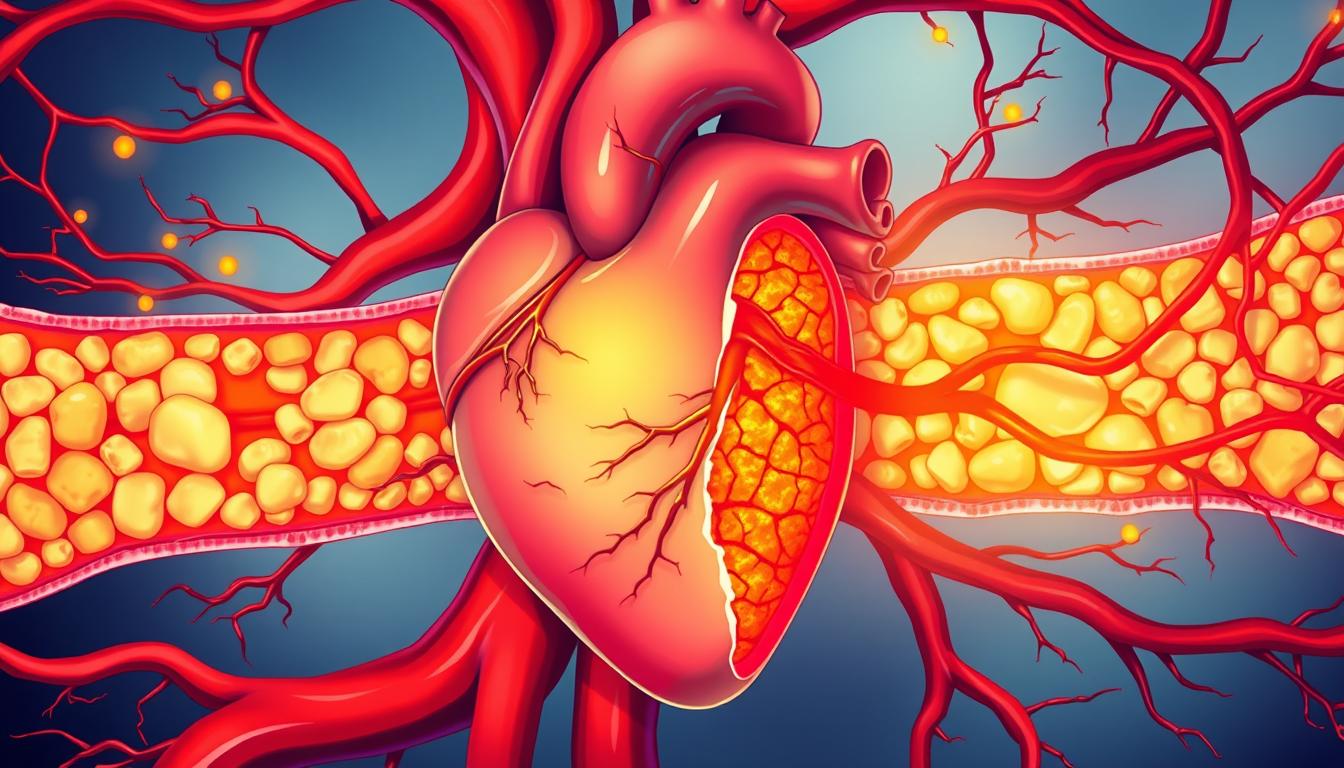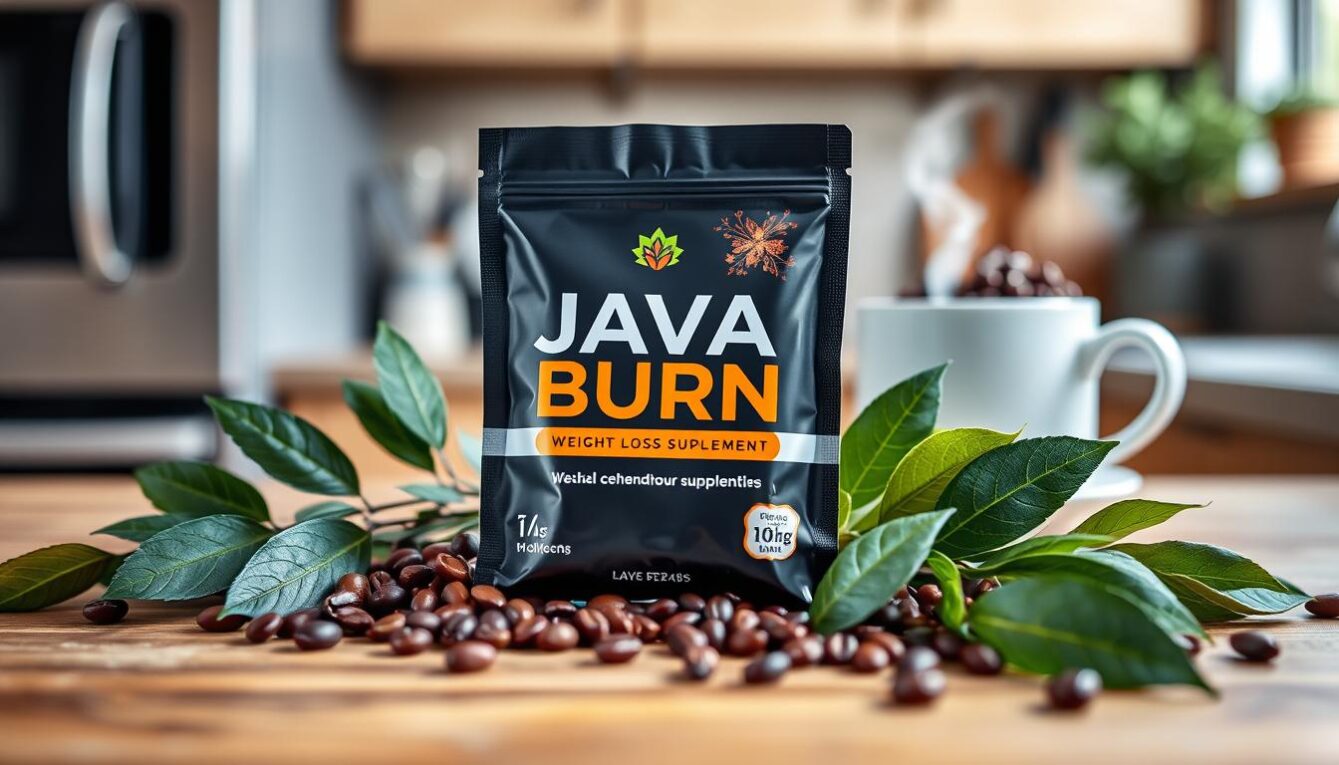Ever wondered why your brain can handle complex tasks but forgets simple things? Like picking up milk? Our working memory is key for these daily tasks. But, is there a way to stop those frustrating memory slips?
Unlock your brain’s power with simple memory enhancement exercises, memory improvement tips, and cognitive enhancement techniques. These can make forgetting the little things a thing of the past. If you face challenges with ADHD, learning disabilities, or just want a mental boost, today’s tips could change your mind.
Key Takeaways
- Discover tailored memory enhancement exercises that can be integrated into daily routines.
- Learn memory improvement tipsthat go beyond simple repetition and drill strategies.
- Explore cognitive enhancement techniques that can benefit not only those with learning disabilities but anyone looking to sharpen their mental skills.
- Understand how boosting working memory capacity can lead to greater productivity and enhanced cognitive performance.
- Find out how technology can aid in managing working memory challenges with reminder systems and apps.
Understanding Working Memory
In today’s fast world, we need to boost our brains. Brain-boosting strategies and mental agility techniques are key. Working memory is a big part of our brain that helps us remember things for a short time.
It’s not just about remembering. It’s about using that memory to solve problems and do things. Knowing how working memory works helps us use working memory enhancement strategies better.
Definition and Importance
Working memory is like a short-term storage in our brain. It helps us do complex tasks like learning and understanding things. It’s a mental space where we can hold and change information for a bit.
How well we use our working memory affects what we can do. It decides how complex tasks we can handle.
Working Memory vs. Short-term Memory
Working memory and short-term memory are not the same. Short-term memory is just for storing small pieces of info. Working memory is for using that info to solve problems and understand things.
Role in Daily Tasks and Learning
Working memory is important for everyday tasks. It helps us make decisions, solve problems, and stay focused. If working memory is weak, it can make things hard.
It can make it tough to follow directions, stay focused, or handle lots of info. So, making working memory better can help us do better in school and everyday life.

Easy Ways to Boost Your Working Memory Today
Improving your working memory helps you work better and think clearer. You can do this by using special techniques and tools. These make your brain work smarter.
Breaking down big information into small bits is a good way to start. It makes it easier for your brain to remember and learn. This way, you can learn and remember things better.
Using checklists is another smart move. They help you remember all the steps for big tasks. This keeps your brain from getting too tired and helps you remember more.
Doing things the same way every day is also helpful. It makes your brain work less hard. This lets you focus on harder problems.
Using your imagination and special memory tricks can also help. These methods make your brain better at remembering things.

Trying these ideas can make your memory and brain work better. It makes everyday tasks easier and makes life better.
Brain-Boosting Strategies
Adding brain-boosting strategies to your daily life is key for better thinking. It’s about using memory improvement tips to make your brain work better. Doing activities that challenge your brain can really help.
Playing interactive memory games is a great way to get smarter. These games help you remember things better. They make learning fun and exciting.
Trying new mental challenges is also very helpful. Puzzles and strategy games improve your thinking. They help you solve problems better.
Keeping your mind active is important. Reading, trying new hobbies, or learning new things keeps your brain sharp. It helps you stay curious and learn more.
Using these brain-boosting strategies can make you smarter and happier. It’s good for work and life.
Mnemonic Devices: A Tactical Approach
Mnemonic devices help improve memory. They use simple tricks like pictures, acronyms, or sequences. This makes it easier to remember important stuff for school, work, or personal goals.
Understanding Mnemonics
Mnemonics help us remember better than just memorizing. They are creative and make learning easier. This way, our brains get better at remembering things over time.
Examples of Effective Mnemonic Strategies
- Acronyms: Make words from the first letters of things you need to remember, like “PEG” for “Penguin, Egg, Giraffe”.
- Visualization: Use pictures to remember things. The weirder the picture, the better it sticks.
- Rhymes: Rhymes help remember sequences. They’re good for learning and everyday tasks.
Creating Your Own Mnemonics
Make your own mnemonics by linking things to what you know. Use your favorite things to help remember. This makes remembering easier and boosts your memory skills.
Mnemonic devices are key for better memory and understanding. They help bridge simple memory to deep learning. By using the right mnemonic, you can improve your brain’s memory abilities.
Memory Enhancement Supplements
Adding memory enhancement supplements to your daily routine can help your brain. These supplements give your brain the nutrients it needs. They help keep your brain healthy and sharp.
Some top picks for improving memory include omega-3 fatty acids and antioxidants. These nutrients are key for your brain’s health. Taking them regularly is a smart way to boost your brain.
- Omega-3 Fatty Acids: Found in fish oil, they help your brain stay flexible and healthy.
- Antioxidants: In berries and superfoods, they fight off stress that can hurt your memory.
- B Vitamins: They help your brain cells make energy, keeping you alert and awake.
For the best results with memory enhancement supplements, talk to a doctor. They can help you find the right mix and amount for you. This way, supplements will help your brain, not harm it.
Utilizing Technology for Memory Improvement
In today’s world, using technology is a great way to improve memory. It makes our daily lives more efficient and boosts our brain power. There are many tools out there, from reminder apps to online brain training sites. These tools match up well with the latest ways to keep our brains sharp.
Reminder apps and digital tools are key in keeping up with our busy lives. They make sure we don’t forget important things, like meetings or taking our medicine. They help our brains focus on more important tasks, like thinking creatively.
Online brain training sites offer exercises that improve our memory and thinking. They have tasks that work on different brain skills, like quick thinking and solving problems.
While how well these sites work can vary, they’re great for keeping our brains in shape. Regular use of these tools can make our brains stronger over time. It’s like how exercise makes our bodies stronger.
- Setting up daily reminders for tasks and appointments,
- Scheduling regular brain training sessions to improve retention and processing speed,
- Utilizing apps that track and remind you of your medication or study times.
Using these tech tools every day helps improve memory and keeps our brains sharp. It’s a way to make our brains better all the time.
The Role of Diet and Nutrition
Diet and nutrition play a big role in how well our brains work. Eating foods that are good for our brains helps us think better. This includes foods that help us remember things, focus, solve problems, and feel good.
Brain-Fueling Foods
Some foods are better for our brains than others. Foods full of antioxidants, healthy fats, vitamins, and minerals protect our brain cells. They also make our brains work better. Here are some foods that are good for your brain:
- Berries: They have antioxidants that help keep our brains healthy.
- Avocados: They have healthy fats that help our blood vessels and brain.
- Nuts: They have protein and healthy fats that help our brain cells.
- Leafy Greens: They have vitamins and nutrients that keep our brains sharp.
The Impact of Hydration on Cognitive Performance
Drinking enough water is very important for our brains. Water makes up a lot of our brain, so it’s key for thinking clearly. Drinking enough water helps our brain work well, get rid of bad stuff, and stay balanced.
| Impact | Dehydration | Optimal Hydration |
|---|---|---|
| Concentration | Less focus and attention | Better focus and alertness |
| Cognitive Speed | Slower thinking | Faster thinking |
| Memory | Harder to learn and remember | Better memory and recall |
Drinking enough water is not just good for our health. It’s also important for our brains to work well. Drinking water is a big part of keeping our brains sharp and healthy.
Physical Exercise to Strengthen Your Mind
Regular physical exercise is key for health and boosts mental agility. It sends oxygen and nutrients to your brain. This helps your brain work better. Let’s see how exercise can improve your mind and suggest some good exercises.
The Connection Between Physical Activity and Mental Agility
Exercise is great for your brain and memory. It helps grow new brain cells, which is good for memory. This supports your brain’s health.
Recommendations for Regular Exercise
For the best brain benefits, mix aerobics, strength training, and flexibility. Jogging, swimming, yoga, and weightlifting are good. Here’s how to add them to your day:
- Aerobic Exercises: Do 30 minutes of brisk walking or cycling, five days a week.
- Strength Training: Do strength workouts like lifting weights or bodyweight exercises two days a week.
- Flexibility Movements: Add stretching and yoga to your daily routine for better muscle control and focus.
Adding these exercises to your week improves your health and mental sharpness. It helps with faster thinking and better memory. Regular exercise has many benefits for your brain.
| Exercise Type | Benefits |
|---|---|
| Aerobics | Improves cardiovascular health, increases brain oxygen supply |
| Strength Training | Enhances muscle strength, supports neurogenesis |
| Flexibility Training | Promotes joint health, improves neural function |
By exercising regularly, you strengthen your body and brain. You get better memory, focus, and problem-solving skills. Exercise is a powerful way to improve your mind.
Improving Sleep Quality for Better Memory
Getting better sleep is key for a sharper brain. It helps us remember things better and think clearer. Our brains work hard to keep memories safe while we sleep.
Understanding Sleep’s Role in Memory Consolidation
Studies show sleep is super important for keeping memories strong. Our brain goes through sleep cycles that help us remember. This is how we learn and keep learning.
Tips for Achieving Restorative Sleep
- Establish a Consistent Sleep Schedule: Keeping regular sleep times helps a lot.
- Create a Restful Environment: Make your bedroom dark, cool, and quiet for sleep.
- Minimize Screen Time Before Bed: Avoid screens before bed to keep sleep cycles right.
Using these tips can make you smarter and healthier. Sleeping well is key for a sharp brain and good health.
Minimizing Distractions to Enhance Focus
In today’s fast world, it’s key to cut down on distractions. This helps us focus better and use memory exercises well. Doing many things at once might seem smart, but it can really hurt our work and brain. Making a space just for work can help us remember things better and stay focused.
To make a space for focus, we need to use some smart tricks. Keeping our area tidy and using tools that block out distractions can help us concentrate better. This makes our brain work better.
| Strategy | Description | Expected Impact |
|---|---|---|
| Use of noise-canceling headphones | Blocks out ambient noise and minimizes auditory distractions | Improves concentration on tasks, enhances memory retention and task accuracy |
| Designated work zones | Spaces dedicated solely to work, devoid of unrelated gadgets and leisure items | Reduces visual and physical distractions, fostering a stronger focus on work-related activities |
| Scheduled email and communication checks | Limiting email and message checking to specific times throughout the day | Decreases interruptions, allowing for sustained periods of high concentration and efficient cognitive processing |
Using these smart tips, we can make a space that helps us stay focused. Every little thing, from how we set up our space to how we use tech, helps. It all adds up to a better brain and better memory.
Conclusion
Improving your working memory is key to keeping your mind sharp. This article showed you many ways to do this. You can try memory games, eat right, and make lifestyle changes.
Learning about working memory opens up new ways to improve it. Things like memory tricks, routines, and tech can help a lot. These aren’t just ideas; they’re things you can do every day.
Adding these tips to your daily life is doable. Just remember to keep practicing and be open to change. By doing this, you’ll see your working memory get better. This means you’ll be able to focus better, remember things easier, and keep your brain healthy. You can make your mind sharper, and it’s up to you.













